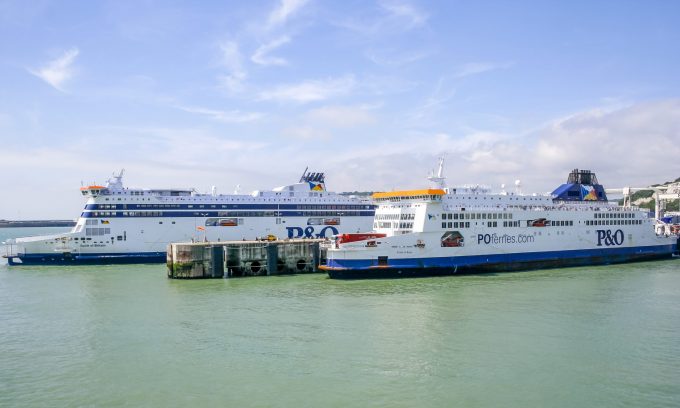New berths at London Gateway will be built, confirms DP World chief
Dubai-headquartered terminal operator DP World has confirmed it is pressing ahead with a £1bn ($1.3bn) ...

European governments are negotiating bilateral agreements aimed at formalising pay and working conditions on board ferries between Europe and the UK, which will likely push up the cost of freight on a number of key routes.
With the chaotic events at P&O Ferries, UK trade unions have been in discussions with the Department for Transport which it is expected will see collective bargaining agreements (CBA) in place on key routes out of the UK.
These will benefit operators such as DFDS and Stena, ...
Keep our news independent, by supporting The Loadstar
Container spot rates diverge: to Europe still falling, but firmer to the US
Volume surge and an early peak season? 'Don't celebrate too soon,' warning
Hapag-Lloyd won't take bookings if port congestion leaves cargo stranded
Ecommerce likely the front-runner in resurge of transpacific trade after deal
China-US trade tariff pause could drive a rebound for transpacific rates
Service chaos from trade ban with India a problem for Pakistan shippers
Airfreight rates ex-China 'loss-making', but hopes of a trade deal stay high

Comment on this article